Optimal Timing for Drainage Activities
Drainages are essential for managing excess water and preventing flooding. The timing of drainage activities depends on various factors including climate, soil conditions, and property-specific needs. Proper scheduling ensures effective water removal and minimizes disruption.
Spring is ideal for drainages as melting snow and increased rainfall can lead to water accumulation. Addressing drainage early prevents water damage during the wetter months.
Summer drainages are suitable when soil is dry enough for excavation. This period allows for thorough work without the interference of heavy rains.
Fall offers cooler temperatures and less rainfall, making it a good time to prepare drainage systems before winter.
Winter drainages are generally avoided due to frozen ground, which complicates excavation and installation.
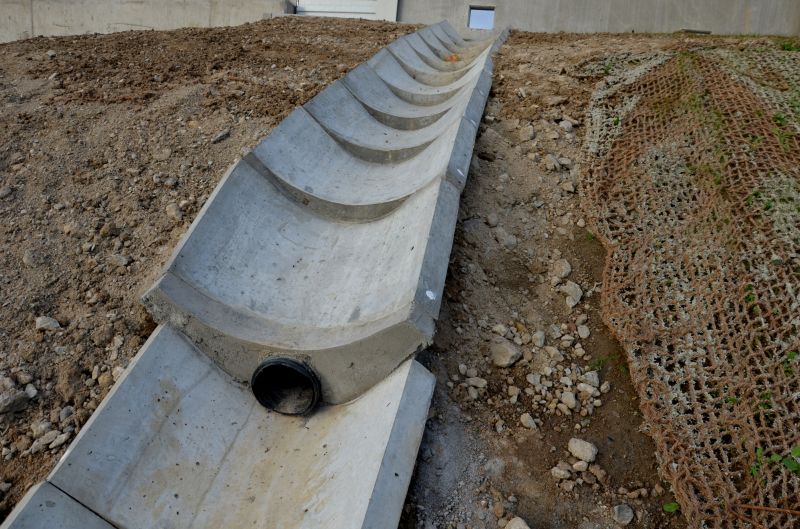
Ways to make Drainages work in tight or awkward layouts.
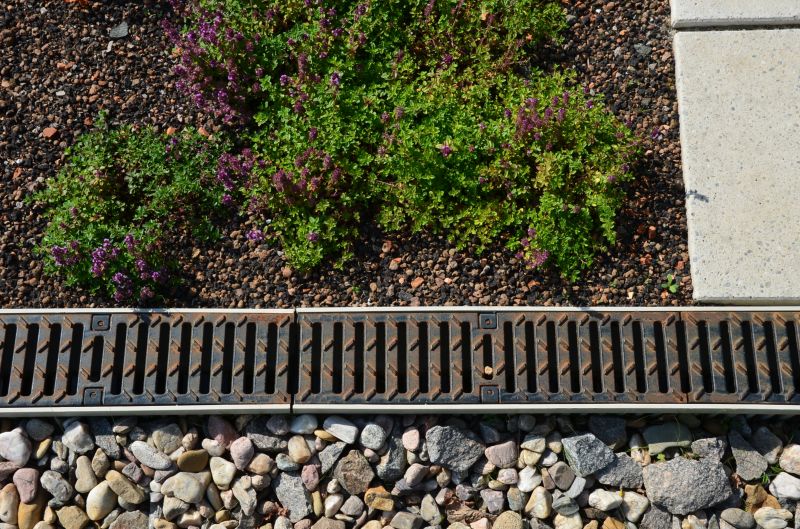
Popular materials for Drainages and why they hold up over time.
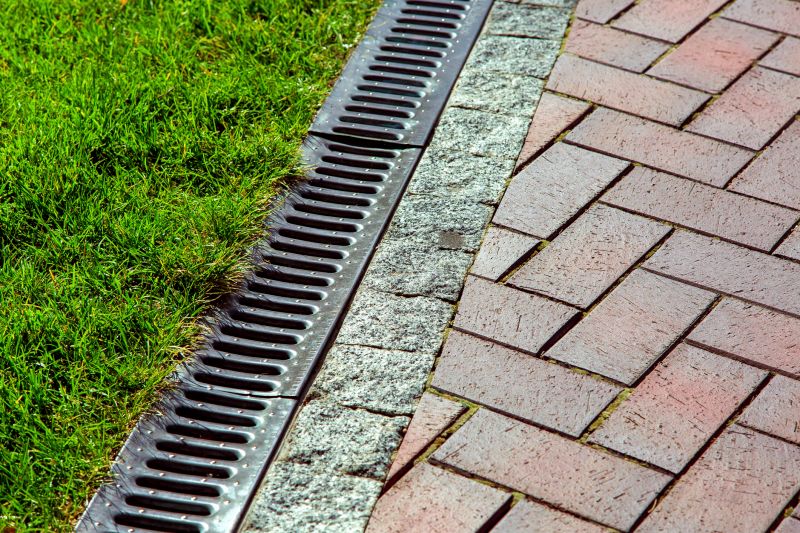
Simple add-ons that improve Drainages without blowing the budget.
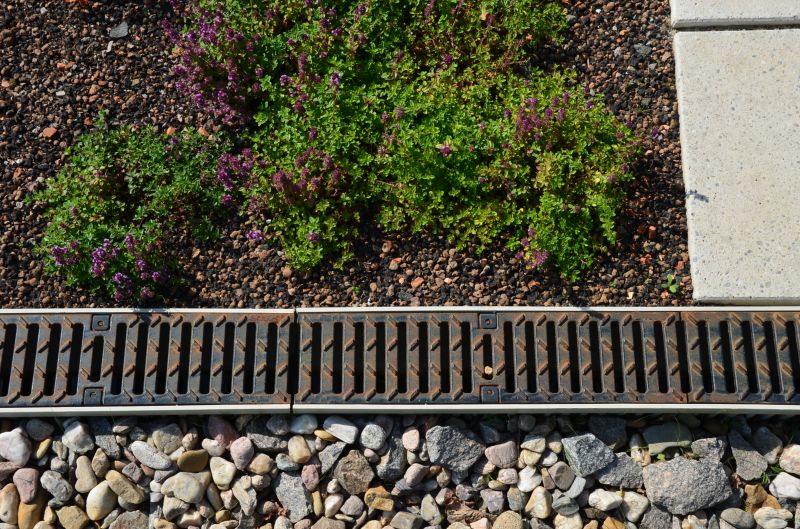
High-end options that actually feel worth it for Drainages.
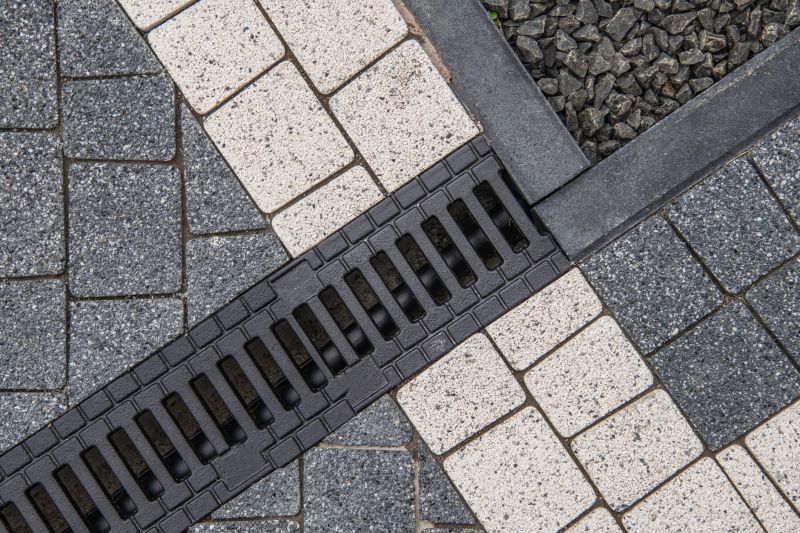
Finishes and colors that play nicely with Drainages.
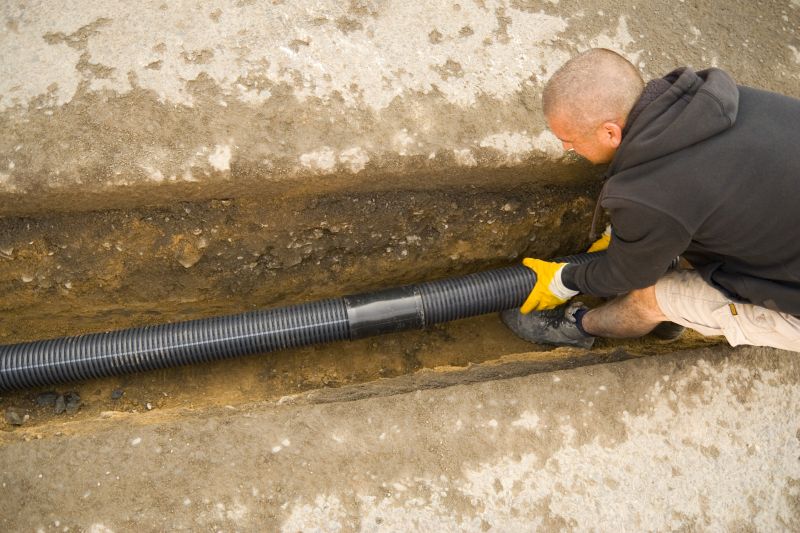
Little measurements that prevent headaches on Drainages day.
| Season | Optimal Timing |
|---|---|
| Spring | Early spring before heavy rainfall |
| Summer | Mid to late summer during dry periods |
| Fall | Early fall before winter |
| Winter | Generally not recommended |
| Weather | Schedule during dry weather spells |
Drainages are vital for effective water management in various environments. Properly timed drainage ensures that excess water is directed away from foundations, landscapes, and infrastructure. Installing drainage systems at the appropriate time can prevent costly water damage and erosion. Advances in drainage technology have improved efficiency, with modern systems capable of handling large volumes of water quickly and reliably. Understanding local climate patterns and soil conditions can significantly influence the best timing for drainage activities, ensuring optimal performance and longevity of the systems.
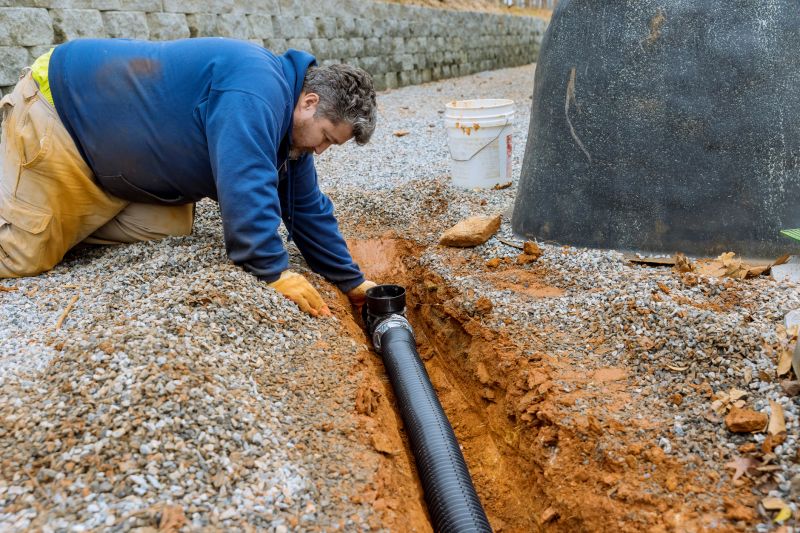
A 60-second routine that keeps Drainages looking new.
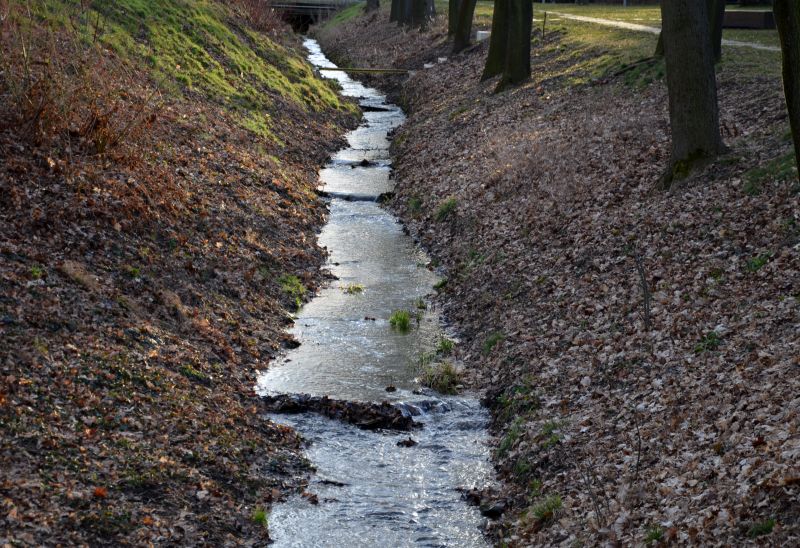
A frequent mistake in Drainages and how to dodge it.
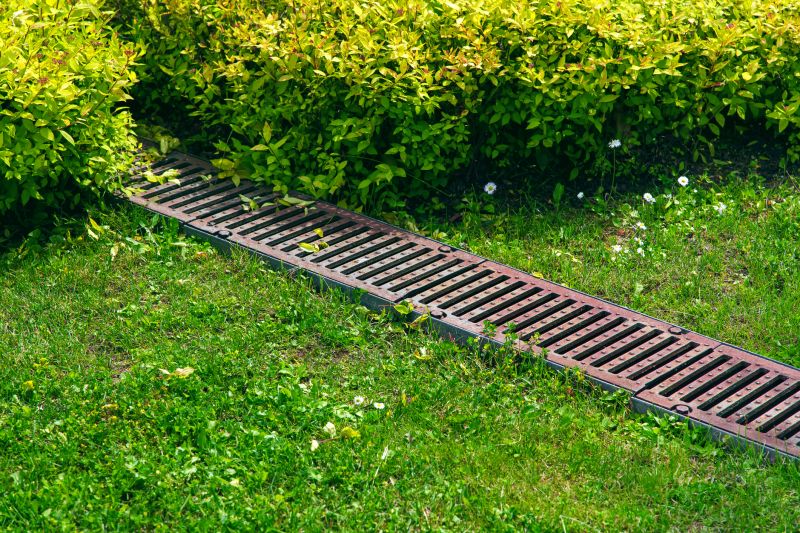
Small tweaks to make Drainages safer and easier to use.
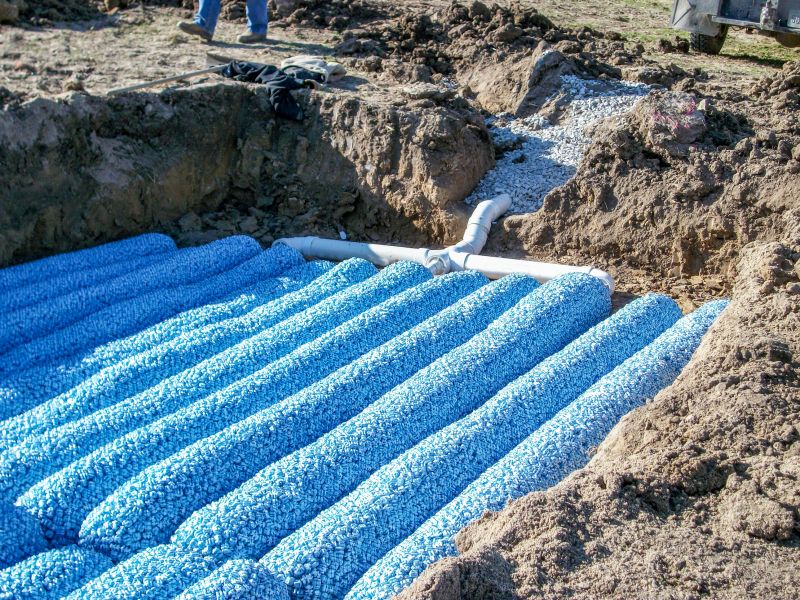
Lower-waste or water-saving choices for Drainages.
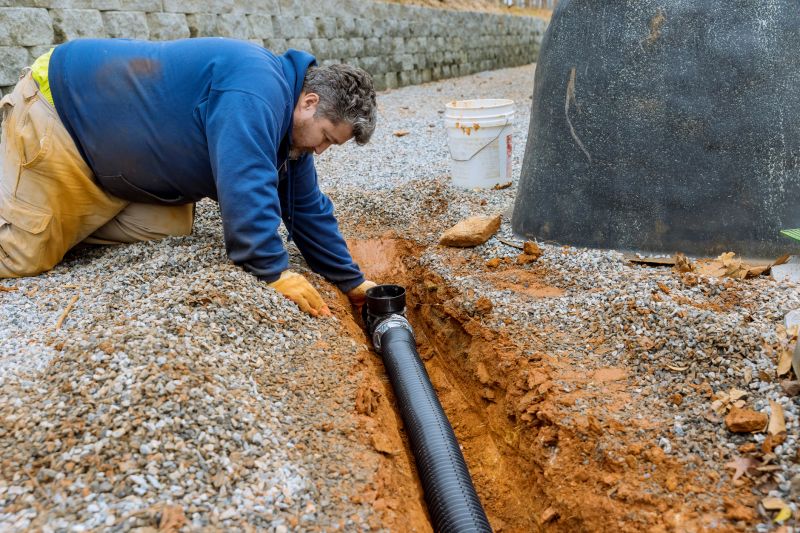
The short, realistic tool list for quality Drainages.
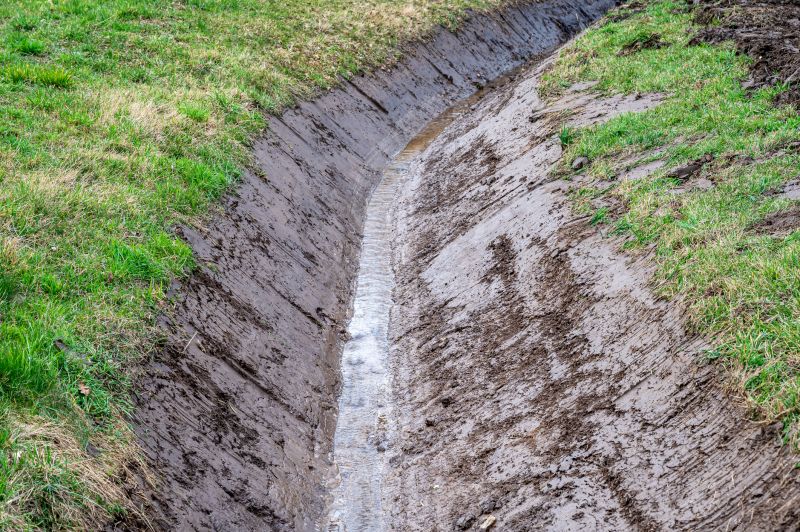
Rough timing from prep to clean-up for Drainages.
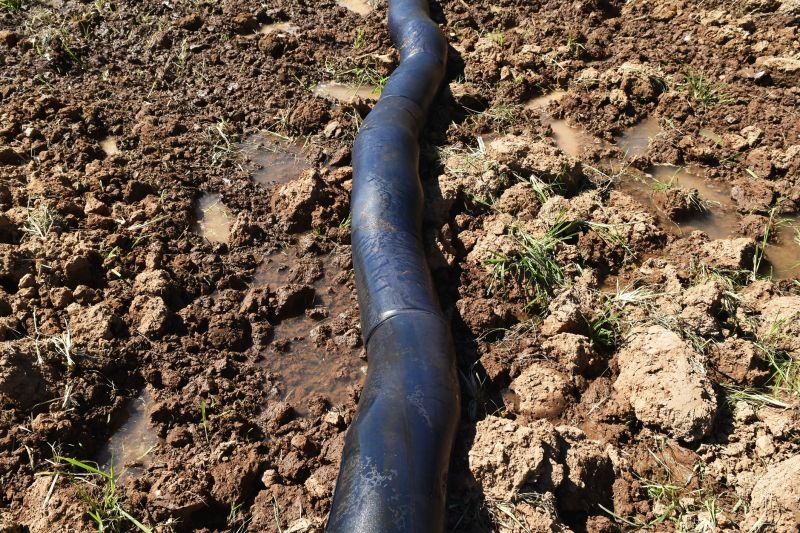
Quick checks and paperwork to keep after Drainages.
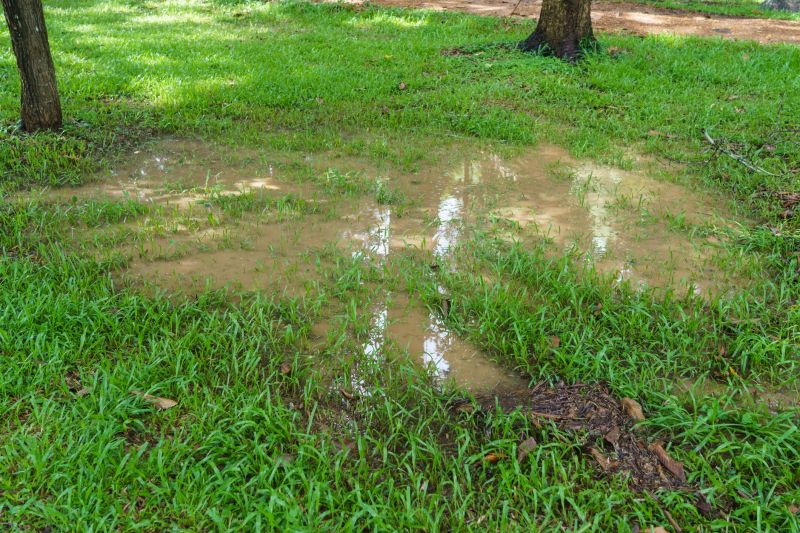
Examples that show the impact a good Drainages can make.
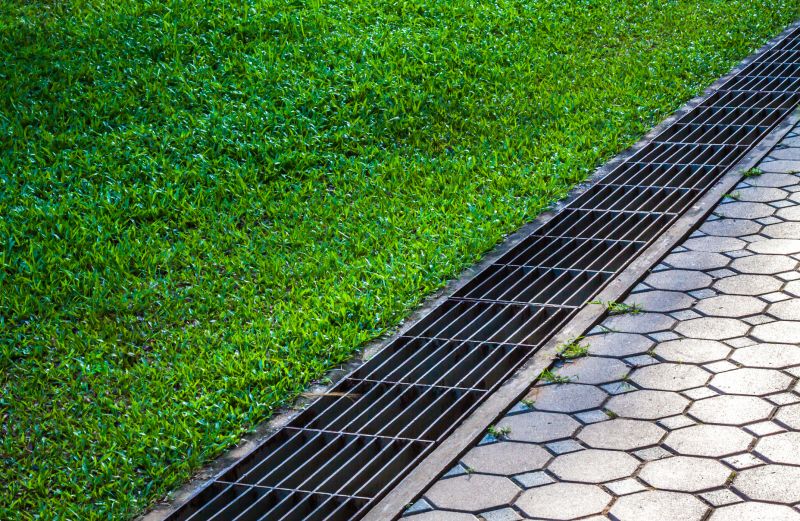
Ways to make Drainages work in tight or awkward layouts.
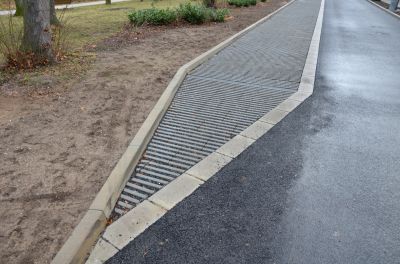
Ways to make Drainages work in tight or awkward layouts.
Interested in drainage solutions? Filling out the contact form can provide more information tailored to specific needs and conditions. Proper timing and installation of drainage systems can significantly improve water management and protect property assets.
